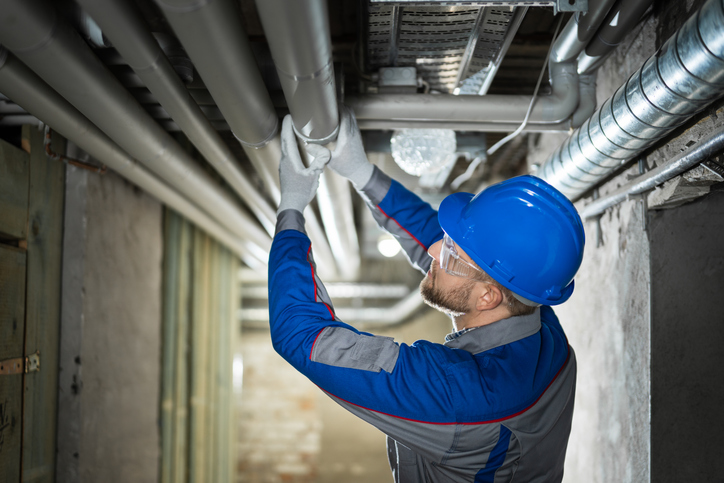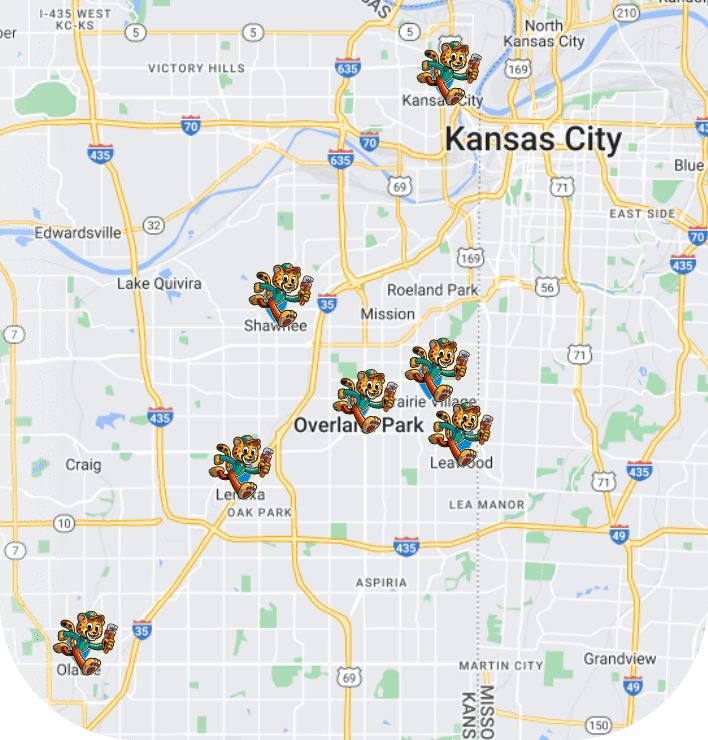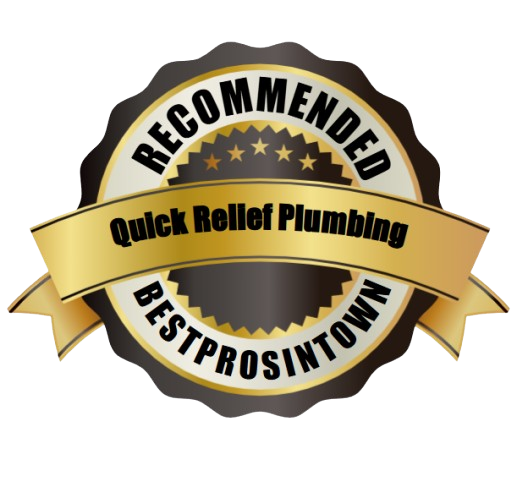Plumbing codes and regulations are critical components of building and facility management. These codes ensure that plumbing systems are safe, efficient, and compliant with local, state, and federal laws. Understanding these regulations is essential for business owners, contractors, and facility managers to avoid costly fines, ensure safety, and maintain operational efficiency. This article delves into the key aspects of commercial plumbing codes and regulations, helping you navigate this complex landscape.
1. What Are Plumbing Codes?
Plumbing codes are a set of rules and guidelines that govern the installation, maintenance, and repair of plumbing systems. They protect public health, safety, and welfare by ensuring that plumbing systems are designed and maintained properly. Plumbing codes cover a wide range of topics, including materials, installation methods, and maintenance practices.
2. Why Are Plumbing Codes Important?
Adhering to plumbing codes is crucial for several reasons:
– Safety: Codes help prevent plumbing-related accidents, such as leaks, flooding, and contamination.
– Health: Proper plumbing ensures clean water supply and effective waste disposal, reducing the risk of waterborne diseases.
– Liability: Compliance with codes protects business owners from legal issues and liability claims related to plumbing failures.
– Insurance: Many insurance companies require compliance with plumbing codes to ensure coverage in case of plumbing-related incidents.
3. Key Organizations and Codes
Various organizations develop plumbing codes, with the International Association of Plumbing and Mechanical Officials (IAPMO) and the American Society of Sanitary Engineering (ASSE) being among the most prominent. Some of the key plumbing codes include:
– International Plumbing Code (IPC): Provides comprehensive regulations for plumbing systems in commercial and residential buildings.
– Uniform Plumbing Code (UPC): Focuses on health and safety standards for plumbing installations.
– National Standard Plumbing Code (NSPC): Sets minimum requirements for plumbing systems across the United States.
4. Local vs. National Codes
While national codes provide a baseline for plumbing regulations, local jurisdictions may have their specific codes and amendments. Commercial property owners and contractors must understand both national and local codes to ensure compliance. Local codes may address unique environmental conditions, materials, or practices specific to the region.
5. Common Plumbing Regulations
Several key regulations govern plumbing systems:
– Pipe Sizing: Codes dictate the minimum pipe sizes for various applications to ensure adequate flow and pressure.
– Water Supply and Distribution: Regulations specify how water supply systems must be installed, maintained, and tested for safety and efficiency.
– Waste Disposal: Proper wastewater disposal is crucial, and regulations govern sewer connections, venting, and drainage systems.
– Backflow Prevention: Commercial facilities must implement backflow prevention measures to protect public water supplies from contamination.
6. Installation and Maintenance Standards
Plumbing codes provide guidelines for the installation and maintenance of plumbing systems to ensure safety and efficiency:
– Materials: Approved materials for pipes, fixtures, and fittings must meet specific standards to ensure durability and safety.
– Installation Practices: Codes outline proper installation techniques to prevent leaks and ensure effective operation.
– Regular Inspections: Routine inspections and maintenance are required to identify and address potential issues before they escalate.
7. Permitting and Inspections
Most jurisdictions require permits for plumbing installations and major repairs. These permits ensure that work is performed according to code. Additionally, inspections are often required at various stages of the plumbing installation process to verify compliance. Failing to obtain the necessary permits can lead to fines, delays, and potential safety hazards.
8. Environmental Considerations
Many plumbing codes now include regulations aimed at protecting the environment. These may include:
– Water Conservation: Requirements for low-flow fixtures and appliances to reduce water consumption.
– Sustainable Materials: Encouragement of using eco-friendly materials in plumbing installations.
– Waste Management: Regulations regarding the proper disposal and recycling of plumbing materials.
9. Staying Informed and Compliant
Commercial property owners and facility managers must stay updated on plumbing codes and regulations. Regular training and education can help ensure compliance and promote best practices in plumbing management. Engaging with local plumbing associations and attending relevant workshops can provide valuable insights into code updates and industry trends.
10. Consulting Professionals
Navigating plumbing codes and regulations can be complex, especially for large commercial projects. Consulting with licensed plumbers and plumbing engineers who are familiar with local and national codes can help ensure compliance and efficiency. These professionals can provide valuable advice on design, installation, and maintenance practices tailored to specific commercial needs.
Understanding commercial plumbing codes and regulations is vital for ensuring the safety, health, and efficiency of plumbing systems in commercial buildings. Compliance with these codes not only protects your investment but also contributes to the overall well-being of occupants and the environment. By staying informed and consulting with professionals, you can navigate the complexities of plumbing regulations and ensure a safe and efficient plumbing system for your business.
Are you ready to ensure your commercial plumbing system is up to code? Contact our team of plumbing professionals at Quick Relief Plumbing at (913) 207-0779 today for a consultation and keep your business running smoothly and safely!









